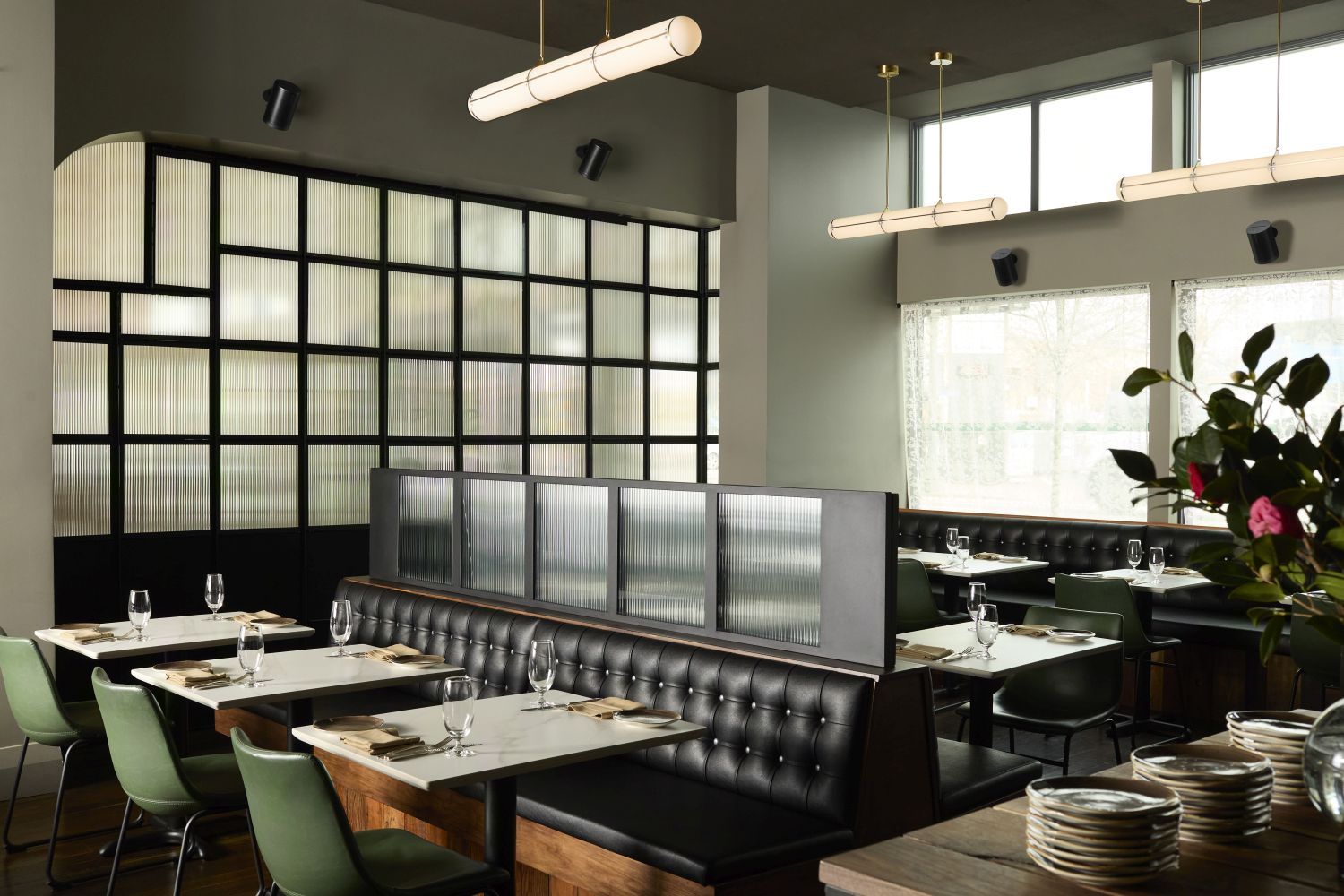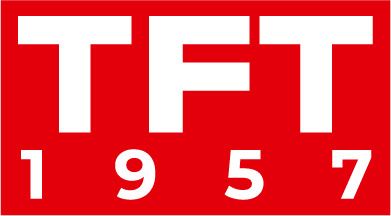Hospitality market trends 2026


A cost of living crisis affecting many countries, along with rising energy and operational expenses, means that a large number of venues are continuing to close each year. For example, in the UK, the British Beer and Pub Association has predicted that 378 pubs will close across England, Scotland and Wales in 2025.
On the other hand, there are signs that investment is growing once again in other areas of hospitality, with €21.9 billion invested in European (including UK) hotels in 2024 – the highest figure for five years. There are also some parts of the world – such as India, Brazil, UAE and Nigeria – where hospitality is expanding steadily thanks to an increasingly affluent middle class [source: Sean Wargo, AVIXA].
From recent conversations with pro AV vendors and integrators who are active in this space, it is apparent that many hospitality operators regard the utilisation of new technologies as critical to charting a more profitable future. In particular, there is an awareness of the need to create memorable experiences for visitors that can compete with the near-infinite entertainment options they have in their own homes.
So increasingly, ‘immersive’ is the watchword as operators reinvent their brands or establish new ones. Large-format, high-resolution display screens are a particular target of new investments. In pubs, these can be used to support the entire spectrum of themed and experiential concepts now in vogue, ranging from tech-driven quizzes to VR gaming spaces. In hotels, meanwhile, operators are aware that they can use high-quality screens not only for general hotel information and wayfinding, but also for lucrative advertising opportunities.
Vendors are also conscious of the need to support operators across what may be extensive estates. Consequently, integration with cloud-based management platforms that enable remote operation and trouble-shooting is now a default expectation. It’s also in this area of hospitality that AI is likely to have its greatest initial impact as operators look to enhance their data analysis and deliver more personalised offerings.
From London to Berlin and beyond, the decline of dedicated club venues has undoubtedly been bleak news for pro audio vendors. But there are hopeful signs in other areas of hospitality. Where pubs are able to invest, they want to be able to cater to different crowds at different times – including those seeking more of a club-like atmosphere later in the evening at weekends. In which context, a high-spec loudspeaker system capable of delivering everything from quiet minimalist background music in the daytime, to bass-heavy dance sets at nighttime, is likely to represent a very sound investment.
Looking ahead, EHL Insights recently noted that hospitality trends are being driven by “innovation, personalisation and sustainability.” Vendors and integrators who can effectively address these requirements will find there is still very good business to be achieved in hospitality.

)
)
)
)
)
)
)
)
)
)
)
)

)
)
)
)
)
)
)
)
)
)
)
)
)
)
.png/fit-in/500x500/filters:no_upscale())
)
)
)
)
)
)
)
)
)
)
)
)
.png/fit-in/500x500/filters:no_upscale())
)
)
)
)
)
)
)
)
)
)
)
)
)
![rAVe [PUBS]](https://cdn.asp.events/CLIENT_Integrat_169E7B04_E6F3_39F6_8BE4DB27C54F731E/sites/ise-2026/media/libraries/partners/rAVe-PUBS-Google-Logo.png/fit-in/500x500/filters:no_upscale())
)
)
)
)
)
)
)
)
)
)
)
)
)

)
)
)
)
)
)